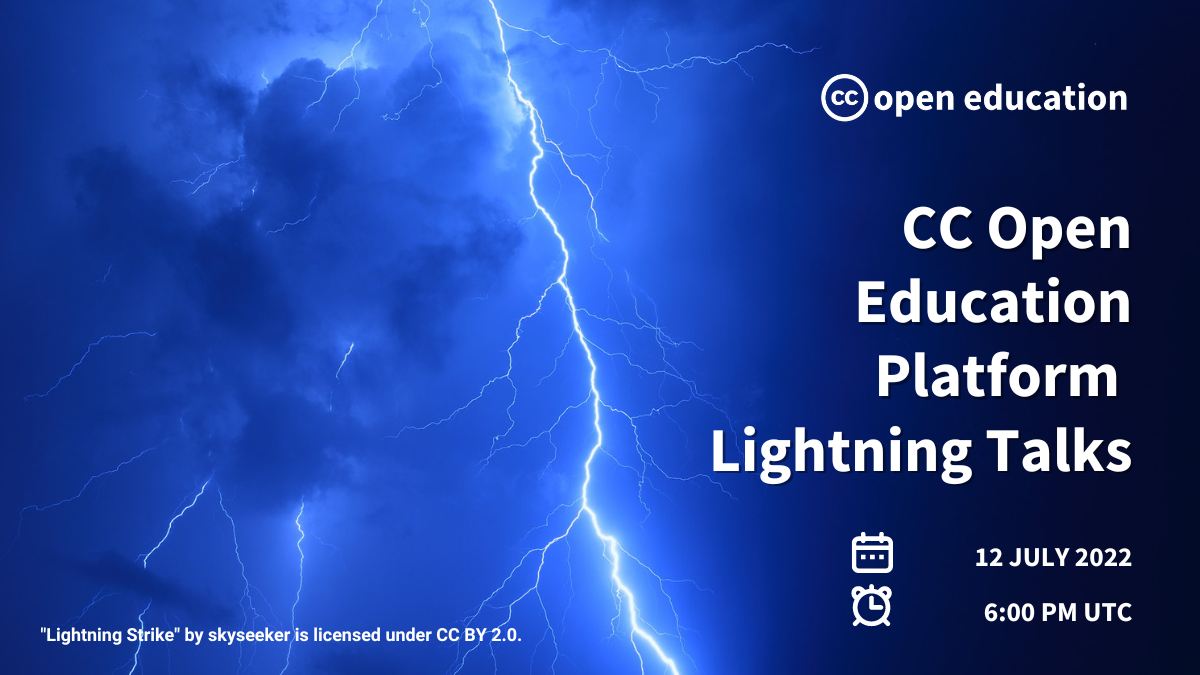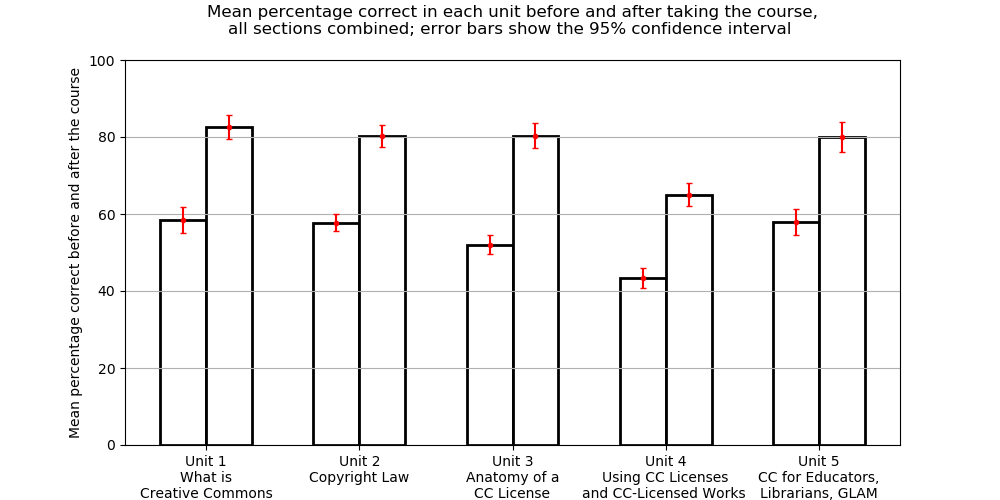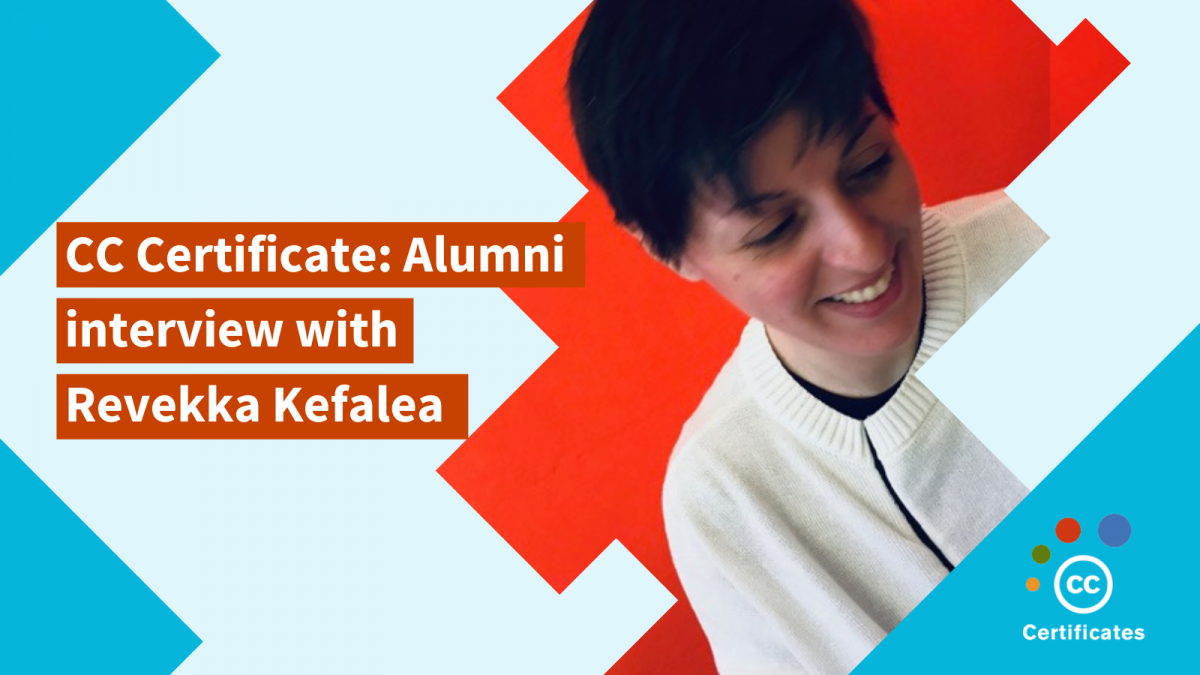Creative Commons is proud to announce six winning project proposals from the inaugural round of the CC Open Education Platform Activities Fund!

TheCC Open Education Platform是一个充满活力的国际网络,由来自79个国家的超过1120名开放教育倡导者、教育者、图书馆员、立法者、研究生等人组成。今年,CC发起了一项活动基金,以支持平台成员在其国家进一步开放教育方面所做的良好工作。活动基金向社区成员提供了高达5000美元的资金,这些成员提出以下努力:1)建立和维持社区;2)增加受教育机会和公平;和/或3)利用政策为所有人开放教育机会。已接受的建议集中在支持巴西、智利、非洲法语国家、印度、爱尔兰和全球实现这些目标的工作上。
While we would have liked to fund nearly all of the projects, we are delighted to announce the following proposal winners:
- “Teaching materials introducing copyright to 9 to 15-year-olds in French-speaking Africa.”
Proposed by Isla Haddow-Flood and Florence Devouard (atWiki In Africa), this project will create and pilot introductory materials and assignment models to support teachers instructing 9-15-year-old students in French-speaking Africa about CC licenses and their use. Across Africa, teachers do not have access to online materials to explain Copyright or CC licenses to their students, and especially not in French. The materials created will begin to fill the gap. The materials will be initially piloted in Benin as part of the WikiChallenge Bénin competition. The project will integrate feedback initial testing before distributing teaching materials among the Wikimedia and CC communities across Francophone Africa.
- “为向开放式数字学习过渡,盘点和评估现有的社交情绪学习资源。”
Shivi Chandra提出了这个项目,他认识到“21世纪技能”的全球使命已经将社交情绪学习(SEL)材料——那些促进“幸福、联系和成功”(OECD)的材料——推到了许多国家教育战略的前沿,这些战略致力于帮助学生理解最近的全球危机、社会运动和COVID-19。这些材料可以是任何东西,从公共健康指导到家庭暴力话题,再到儿童时事新闻文章。This project fromLearning Equalitywill develop and share a gap analysis and preliminary audit of existing SEL resources either open or accessible on the internet. This work supports any organization looking to improve their general understanding of SEL resources, understand those available, advocate for openness in the SEL community, and develop such resources during and post COVID-19.
- “Oficinas Wikimedia & Educação: educação livre no Brasil e作为Wikimedia平台(EN: Wikimedia & Education workshop:巴西的免费教育和Wikimedia平台)。
Giovanna Fontenelle proposed this project to帮助巴西的教育工作者和机构寻找新的模式和教学选择。Wiki Movimento Brasil用户组将组织一系列在线研讨会,并开发相关资源,如教育宣传册的音频说明、研讨会的开放许可视频、教育工作者的参考资料、联网参与者名单和外联仪表板指标。
- “Open Reading Lists @UCD: Phase One.”
Proposed by Susan Reilly, this project will offer a training and mobilisation workshop for librarians supporting a shift to OER, an awareness-raising campaign targeted at faculty and course coordinators, and a video tutorial on finding and assessing OER. The rapid shift to online and blended learning necessitated by COVID-19 demonstrated the need for more open and participatory engagement online and more sustainable access to diverse learning materials. This project aims to increase OER as a percentage of material on reading lists in University College Dublin, Ireland.
- “Offline OER to enhance K-12 math in Chile.”
Werner Westermann proposed this project tohelp deliver customized OER content, responsive and aligned to the official Chilean “prioritized” curriculum, a core group of learning outcomes for math, highlighted during school disruption during COVID-19. Ideally, this curriculum will be used to support learners usingKolibri, meeting the needs of learners with limited or no Internet connectivity during COVID-19 and beyond.
- “Open Pathology Education Project.”
Netha Hussain proposed this project focused oncurating and annotating pathology images from Wikimedia Commons. Drawing from India’s Calicut Medical College and Dr. Yale Rosen’s collections, this project will useWikidataas a tool to organize and categorize images for medical students to use as educational resources. As Wikidata doesn’t yet have robust pathology related information, images and descriptions from Wikimedia Commons will be first linked with Wikidata, and then used for the Open Pathology Project. The final resource will serve medical students from around the world.
We are delighted to fund projects that range from work with off-line open math and developing OER for medical education to fueling additional work with sister communities such as Wikimedia.
We also want to recognize our decision committee (listed alphabetically), members of the CC Open Education Platform who dedicated hours to application review—difficult job considering they read, scored, and deliberated over 20 amazing proposals from platform members.
- Cindy Domaika
- Geoff Cain
- John Okewole
- Jonathan Poritz
- Mohammed Galib Hasan
- Neil Butcher
- Paola Corti
- Paul West
- Rachel Wexelbaum
- Shanna Hollich
致我们的决策委员会、提交了鼓舞人心的提案的平台同事,以及出色的CC开放教育平台社区——谢谢!我们期待在2020年12月看到项目成果,并期待这些项目在2021年及以后推动更多开放教育的进步。




